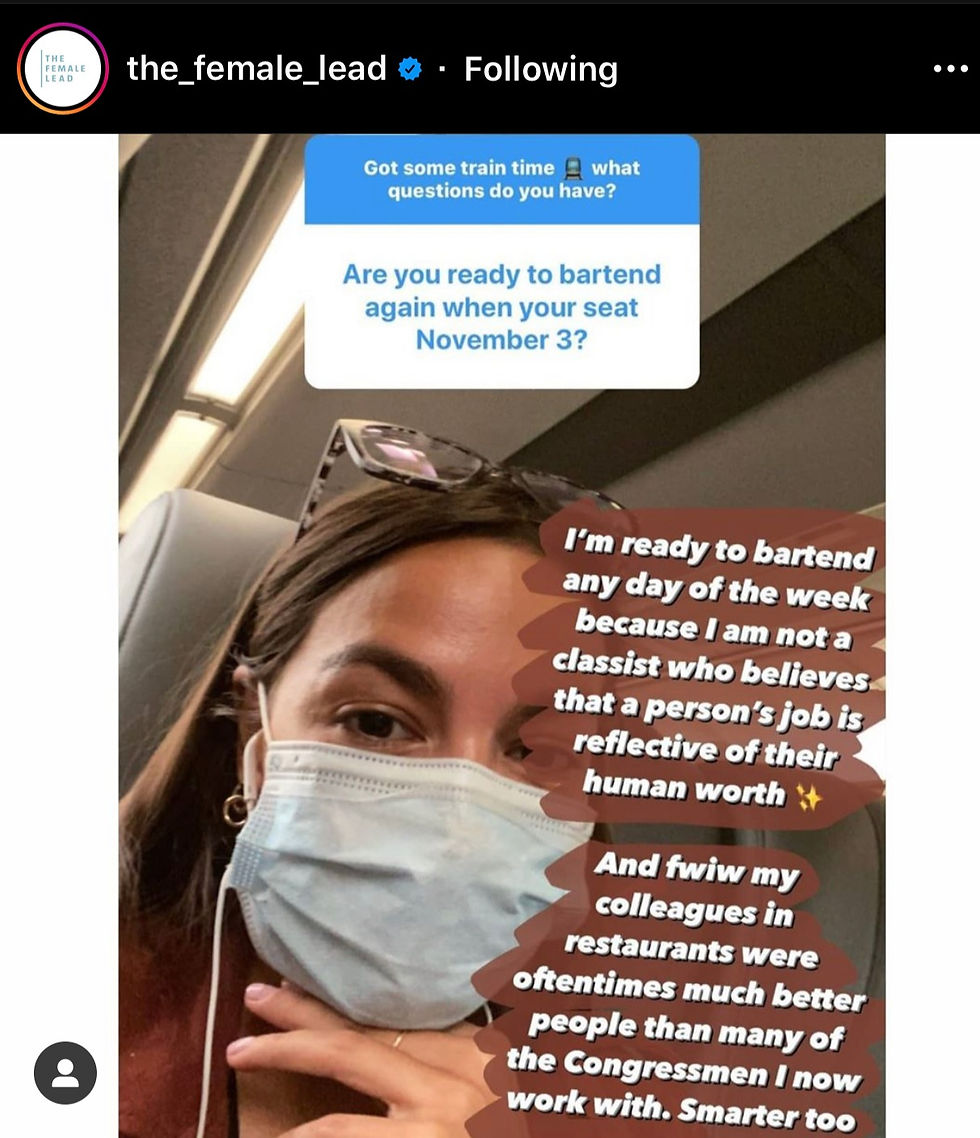Into the Unknown
- Shira Moskowitz

- Dec 8, 2022
- 3 min read
Updated: Jan 4, 2023
The other day a friend reminded me that I would have graduated rabbinical school last year. It’s crazy to think how different my life would be had I stayed on that path. In some ways, it feels like such a distant part of my life; in others, it feels like just yesterday that I was submitting my application to HUC (the reform movement’s seminary).
I was never a kid who knew what they wanted to be when they grew up. If I had been to the dentist recently, I wanted to be a dentist. If there was a lawyer in a movie, I wanted to be a lawyer. I said whatever came to mind each time an adult asked, but never had the conviction of my peers. Looking back, it’s baffling that any of my peers knew what they wanted to be, and even more baffling that adults cared so much about the jobs we would do in the distant future (can we stop asking kids this, please?!). But as I started applying to college, it seemed more important than ever that I pick a career and so I settled with what I knew - the rabbinate.
As the daughter of two rabbis, I knew the Jewish professional world intimately. And what’s more, I thought I’d make a pretty good rabbi. The role combined everything I enjoyed doing - studying, performing, building community, and Judaism. And so, I set off on the path to become a rabbi. When I graduated college, I wasn’t ready to go straight to school so I started a two-year fellowship at a Jewish non-profit to gain valuable experience before rabbinical school. As the fellowship came to an end, the familiar pressure of “what do you want to be when you grow up? What will you do after this” bubbled to the surface.
I stuck with the plan. I applied to rabbinical school. After all, I knew I had the foundation to do this job and I knew I’d be happy doing it. I had honed my skills in service leading, Jewish education, and synagogue relationships during my fellowship. It was time. But something felt off. A friend and colleague of mine was also applying and while our resumes were comparable, he had something I was missing: A passion and desire to become a rabbi. And I knew better than most, that technical ability is not enough for a spiritual leader, you need passion.
I tucked that feeling away. I submitted the application. I went to the interview. I got accepted. But I knew deep down, I had to go out and explore. I wasn’t sure if there was something I’d want to do more. I wasn’t sure if I was just scared. But I was sure that I had to see what else I liked doing professionally, what else energized me.
It’s been nearly 6 years. I’ve worked in real-estate, ecommerce, and tech. I’ve managed building operations, led people, handled customer complaints, developed customer education curriculum. I’ve found a passion for working in the ever-changing, fast-paced startup world. And I’m still able to be an active part of and connected to the Jewish community.
I still get asked “wait, weren’t you going to become a rabbi?” I myself sometimes wonder what my life would look like if I were starting my first rabbinic role. But I also cannot imagine my life had I not stepped into the unknown and explored my options. The decision not to go to rabbinical school is one of the most critical turning points in my life thus far. Not because of what it meant I wouldn’t do, but because of what it showed me I could do. It taught me to listen to my gut. It gave me the confidence to explore the unknown, to try something new. It helped me realize that my passion wasn’t a specific career or even a specific industry, but rather that I’m motivated by being a people leader, by constantly learning, and taking on new challenges - and that this is okay. I don’t know what my career will look like over the next 40 years (spoiler: I still don’t know what I want to be when I grow up) but I am slowly learning what I need to be fulfilled and continuing to take chances.



Comments